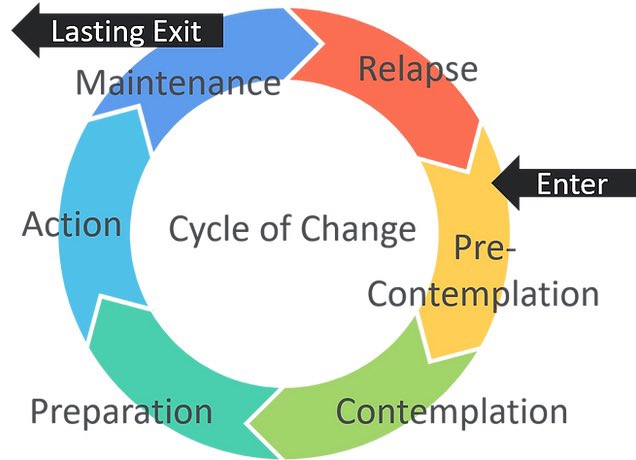First of many small breakdowns of psych topics let’s start with Subaru’s parataxic distortion of Emilia. Parataxic distortion is a psychological phenomenon in which an individual's perception of reality is distorted by their filters, past experiences, and emotions.
Subaru strongly attaches himself to Emilia as the first person who showed a sense of empathy to him. Emilia is a kind, caring person who might resemble what he idealizes in his mind. He projects his desires onto her and creates an image of her that is distorted by his emotions. 



As a result, Subaru's perception of Emilia is skewed. He believes that she is someone who will always be there for him, no matter what. He becomes anxious/fearfully attached to her and starts to act as the one who must save her and the white knight if you will. 

This behavior is damaging to both Subaru and Emilia. Subaru's unrealistic expectations put pressure on Emilia, who is unable to live up to his idealized image of her. Emilia starts to feel suffocated by Subaru's expectations and tries putting up boundaries. 

Throughout the show, Subaru's parataxic distortion skyrockets. He becomes obsessed with saving Emilia and sees her as the key to his own happiness. He is unable to separate his own desires from Emilia's well-being and puts her in danger as a result. 

It is only when Subaru confronts his own emotional issues and comes to terms with his past that he is able to see Emilia for who she truly is. He realizes that she is her own person with her own desires and needs, and that he cannot force her to conform to his own ideals. 

By addressing his parataxic distortion, Subaru is able to build a healthier relationship with Emilia based on mutual respect and understanding. Their relationship becomes stronger as a result, and Subaru is able to become a better person in the process. #ReZero #Subaru #Emilia 

Now does this mean that everything gets solved magically in the relationship and they live happily ever after…no. In fact I’m expecting relapses and even moments of inadequacy/low self esteem or jealousy to appear throughout the series/future seasons. As like any real person- 

The cycle of change has relapse in it for it a reason. Small moments like the topic were on about today are what really make me love the series. Concepts tackled in a way that are used as turning points for this characters, now that’s good writing! For more discussions come join 



If you have any topics you want me to quickly dive into let me know. We tend to do deep dive analysis on different psychological concepts in many many different anime, light novels, and games❤️ Links here linktr.ee/psyculturists
• • •
Missing some Tweet in this thread? You can try to
force a refresh

 Read on Twitter
Read on Twitter







